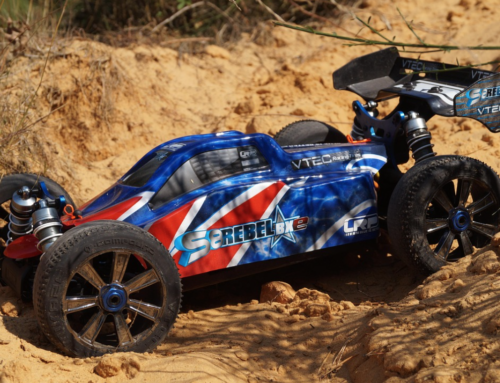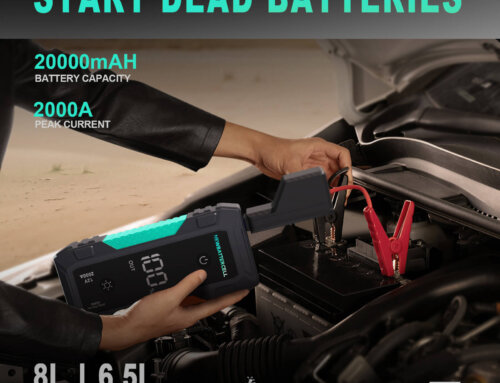The Relationship Between Drone Payload and Battery Selection
Whether for agricultural or industrial drones, regardless of size or weight, achieving long flight times and extended ranges depends on a powerful component: the drone battery. Is there a mysterious relationship between drone payload and battery selection? Absolutely! The choice of battery primarily depends on the specific application needs of the drone. Generally, drones requiring longer endurance and larger payloads need batteries with higher voltage and capacity, while those with lighter payloads can use smaller batteries.
Drawing on years of experience in developing and manufacturing agricultural drones, Newbattercell consulted its design engineers to provide insights into the relationship between payload and battery selection for mainstream agricultural drones in the market.
Drone Payload and Battery Capacity
Larger Payloads Require Larger Battery Capacities
Early agricultural drone models typically had a payload capacity of 10L, which evolved to 16L, 20L, 30L, and 40L. Within a certain range, increased payload capacity enhances operational efficiency and effectiveness, driving the trend toward larger payloads in recent years.
Payload requirements vary by region and application:
-
Application-Based Needs: Fruit tree spraying and seeding operations demand larger payloads to ensure efficiency and effectiveness.
-
Regional Needs: Smaller, fragmented fields favor compact drone models, while large, uniform fields are better suited for drones with higher payload capacities.
Early 10L agricultural drones typically used batteries with the following specifications:
-
Voltage: 22.2V
-
Capacity: 8000–12000mAh
-
Discharge Rate: Around 10C
As drone technology advanced and payload capacities increased to 16L, 20L, 30L, and 40L, battery specifications evolved accordingly:
-
16L and 20L Drones:
-
Capacity: 12000–14000mAh
-
Voltage: 22.2V (some models use 44.4V)
-
Discharge Rate: 10C–15C
-
-
30L and 40L Drones:
-
Capacity: 16000–22000mAh
-
Voltage: 44.4V (some models use 51.8V)
-
Discharge Rate: 15C–25C
-
From 2022 to 2023, mainstream drone payload capacities reached 40L–50L, with seeding capabilities up to 50kg. However, payload capacities are not expected to increase significantly in the near future due to several drawbacks:
-
Transport Challenges: Larger drones are difficult for one or two people to carry, complicating transportation.
-
Strong Wind Fields: Excessive wind during operations can cause crop lodging.
-
High Charging Power: Some drones require over 7KW, exceeding the capacity of single-phase power and placing higher demands on the electrical grid.
Considering these pros and cons, it is predicted that over the next 3–5 years, drone models with payload capacities of 20–50kg will dominate, with regional preferences dictating specific choices.
Newbattercell Smart Batteries: Compatible with Most Payloads
Which agricultural and industrial drones are compatible with Newbattercell’s smart drone batteries? With 18 years of experience in lithium battery research and production, New Better Energy Technology Co., Ltd. has been supplying batteries for agricultural and industrial drones for years, securing a significant market share. The company offers one-stop charging and power solutions for various drone models.
Newbattercell’s drone batteries are highly versatile, catering to drones with payload capacities ranging from 5L to 25L and 10kg to 50kg. The battery models and capacities are diverse, and customizations are available to meet specific drone requirements. Additionally, Newbattercell is set to launch a new series of 5C ultra-fast-charging smart drone batteries in the near future.
Conclusion
Selecting the right battery for a drone is critical to balancing payload, endurance, and performance. By understanding the relationship between payload and battery specifications, such as voltage, capacity, and discharge rate, drone operators can optimize their equipment for specific applications. Newbattercell’s extensive range of smart batteries provides reliable, customizable solutions for agricultural and industrial drones, ensuring efficiency and adaptability across various payload requirements.




